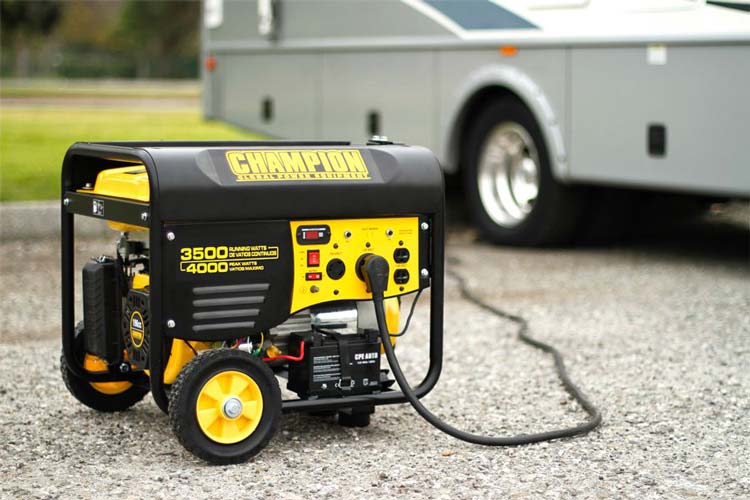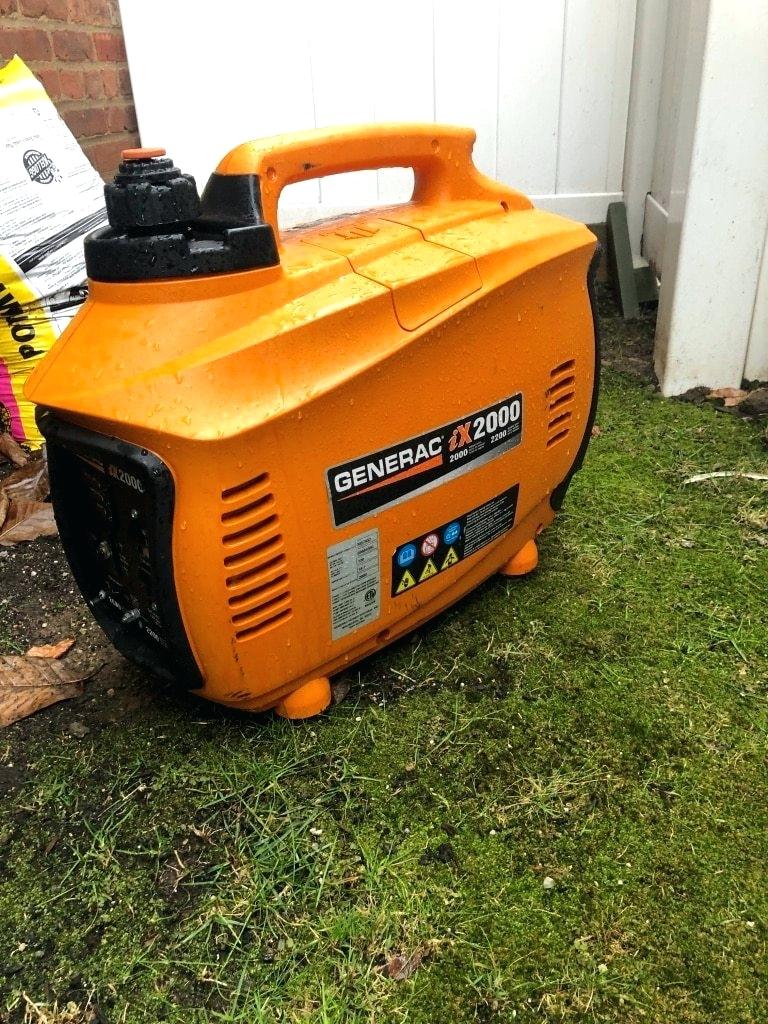Installing a generator is an effective way to keep your utility power running and your household online during power cuts or rough weather. If you live along the Gulf coast or in a generally windy city, a generator is not a luxury addition to your home, but a necessity.
It’s understandable if you’re on the fence about what kind of portable generator to buy, especially with today’s plethora of options. Below are features you should never overlook when shopping for the perfect portable generator for your home.
IMAGE: PEXELS
Noise Control
If you live where freezing temperatures are typical or where storms are abundant, you’ll frequently rely on your generator for power. Keep in mind that when looking for a generator, you will want to consider the sound output, so choose a product that won’t require you to yell over the noise of its running motor. Aim for something just over 50 decibels that can give you decent power with as little sound as possible.
You’re going to keep your generator in the outdoors, which means that both your household and your neighbors would suffer from the loud whirring noise that emanates from generators that do not have quiet engines. Portable generators, in general, are less noisy, but some are as quiet as a window AC unit.
Power
Unless you’re looking to buy a generator for camping purposes or to keep a few lights and a couple of appliances on, your machine needs an induction motor that can operate at 2000 watts or above. If you opt for any less, you may run into complications when running heavy-duty appliances. And because you’ll be using your generator frequently, you wouldn’t want to purchase one that limits your household everyday errands.
Type Of Fuel
Most generators run on gasoline, simply because it’s straightforward to get your hands on, and is also very affordable. You’ll come across some generators that run on diesel, and while they do run more efficiently, they’re more expensive and not as easy to come by.
If you want even cheaper options than gasoline fuel, there are some brands than run on propane. Alternatively, you can convert a gas generator to run on a propane tank. It’s a bit of a complex conversion, but it’s definitely more eco-friendly if you don’t mind the hassle.
You’ll also find battery powered generators, which can be recharged by solar panels, and tend to have quieter engines. The biggest downside is, they’re extremely expensive and recharge slowly. Unless you’re using them for recreational purposes, today’s options are not very practical.
Tank Size
You wouldn’t want to go through a hassle of refilling your tank frequently, especially if rough weather in your city lasts for several days in a row. A good generator will have the tank capacity to give you an uninterrupted running time for over nine hours. It will run even longer if you only use it to run small appliances along with the furnace.
Some generators will offer even larger-sized tanks, but that’s not always a better option, seeing as this makes them more challenging to carry around, and it beats the purpose of their portability feature.
Outlet Type
While this isn’t necessarily a feature, you need to make sure that whatever generator you choose is compatible with your outdoor outlets. If you’ve opted for a smaller generator, then it’s not likely that you’ll run into any issues.
But if your machine can power up to 4000 watts of power, make sure your outlet voltage matches that of your generator’s plug, otherwise, you’ll either damage your newly purchased product or your electrical system.
That said, a generator that supports multiple outlets is generally more stable because it spreads the load. However, we wouldn’t recommend that you use all available outdoor outlets for your machine unless it’s an emergency.
Electric Start
Older models will compel you to pull a cord in order to start your generator, which also means that you’ll have to go outside to get your power back. Most modern generators are designed to automatically detect the current, so whenever there’s a power outage, you only notice a second of flickering lights before the power is up and running again.
Electric start engines will save you the hassle of manually starting your generator, but they also need batteries that you’ll have to charge frequently before use. With newer models, the charger can safely be left plugged in.
Electronic Fuel Injection
This is less of a cool feature and more of a necessity if you live in a city where the weather reaches freezing temperatures. With this feature, you’ll never need a carburetor, which can be a complete pain in cold weather because it tends to get clogged easily.
Carburetors also require maintenance, which adds up the cost of buying and using a generator altogether. An EFI prevents inconvenient clogging and also makes your generator much easier to start during cold weather.
Wheels
While smaller generators will not necessarily need a wheel kit, if you’re opting for a larger portable machine, you’re going to need some wheels. Some models come readily attached to their own wheel kits, which is convenient as these kits can cost over a hundred dollars. If you decide to buy the wheels separately, they’re very simple to install, if you follow the instruction handbook that comes with them.
Weight
Heavier is not always more powerful. Some models are just simply heavier than others, which, of course, makes them more challenging to move around. A good lightweight generator is the Yamaha EF200i, which is as light as 45 pounds in weight, and it comes with a 2000W engine.
If you don’t think you’ll use your machine to power many appliances, or if you’re looking for a generator for camping and recreational purposes, the Westing House IGen comes with a 1200W engine and is as light as 33 pounds.
Automatic Low-Oil Shutoff
You wouldn’t want your generator to keep running if it’s low on oil. Many modern portable generators come with an automatic shut-off feature to protect the machine, as well as your house’s electrical system.
Portable generators make your life a ton easier and always afford power during stormy seasons. What makes the portability convenient is that you can always take them with you, should you choose to go on a camping expedition or decide to move to another home.
If you are interested in even more technology-related articles and information from us here at Bit Rebels, then we have a lot to choose from.


COMMENTS